
Patricio Contreras is a Chilean-Argentine television, film and stage actor.

Jorge Abner Drexler Prada is a Uruguayan musician, actor and doctor specializing in otolaryngology.

Juan Diego Botto Rota is an Argentine-Spanish film, stage and television actor.

Cecilia Edith Rotenberg Gutkin, known professionally as Cecilia Roth is an Argentine actress. She is the winner of two Goya Awards and a European Film Award. She is known for being an "Almodóvar girl" and the "muse" of Fito Páez during the 1990s.
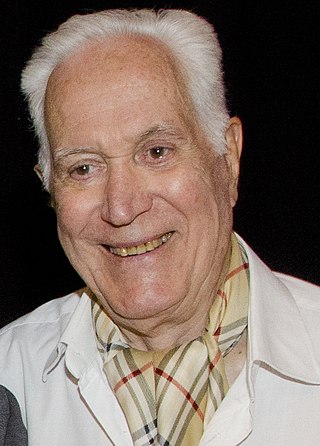
Federico Luppi was an Argentine film, TV, radio and theatre actor. He won numerous awards throughout his acting career, including a Concha de Plata at the San Sebastian International Film Festival.
Martín (Hache) is a 1997 Argentine and Spanish film directed by Adolfo Aristarain and starring Federico Luppi, Juan Diego Botto, Cecilia Roth and Eusebio Poncela.
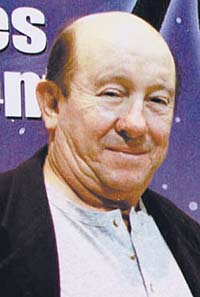
Ulises Dumont was a prolific Argentine film actor, credited with over 80 appearances in film and countless others in theatre and television from 1964 until his death in 2008.
The National Institute of Cinema and Audiovisual Arts is an agency of the Government of Argentina. It promotes the Argentine film industry by funding qualified Argentine film production companies and supporting new filmmakers. The Institute was established on 14 May 1968 by law nº 17.741. The INCAA also organizes the Mar del Plata International Film Festival, Ventana Sur film market, and has its own film school called ENERC.
Emilio Kauderer is an Argentine composer, orchestrator and songwriter residing in Los Angeles. He is best known for his scores for films including "Metegol (Underdogs)", "Secret in Their Eyes", and "A Place In the World". Kauderer won a Latin Grammy for his work on Bajofondo's 2002 album "Bajofondo Tango Club".
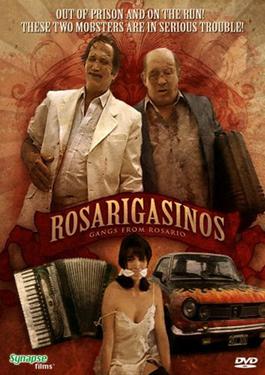
Rosarigasinos is a 2001 Argentine film, written and directed by Rodrigo Grande and starring Federico Luppi and Ulises Dumont. The film is also known as Presos del Olvido in Spain.

Tiempo de revancha is a 1981 Argentine political thriller film written and directed by Adolfo Aristarain and starring Federico Luppi, Julio De Grazia, Haydée Padilla and Ulises Dumont. It was produced by Héctor Olivera and Luis O. Repetto. The music was composed by Emilio Kauderer. The film premiered in Argentina on July 30, 1981, and won 10 awards, including the Silver Condor for Best Film and Best Film in the Montréal World Film Festival.

Gerardo Herrero Pérez-Gamir is a Spanish film director, screenwriter and producer. He is a prolific promoter of international coproductions and collaborations between Spain and Hispanic American countries.

A Place in the World is a 1992 Argentine drama film co-written, co-produced and directed by Adolfo Aristarain, and starring Federico Luppi. It stars José Sacristán, Federico Luppi, Leonor Benedetto and Cecilia Roth.
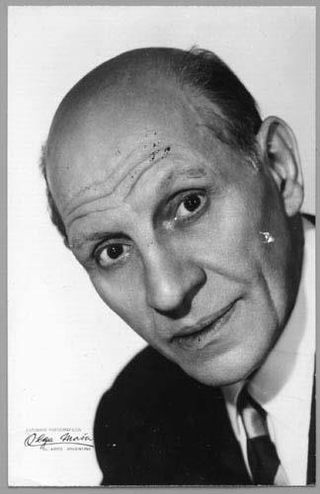
Cayetano Amadeo Biondo (1902–1986) was an Argentine film actor.
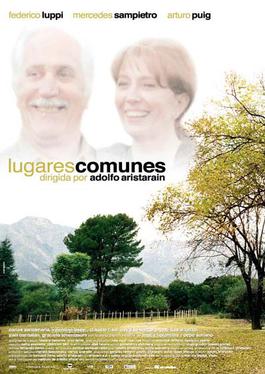
Common Ground (2002) is an Argentine and Spanish drama film co-written, co-produced and directed by Adolfo Aristarain. The film marks the seventh collaboration between Aristarain and actor Federico Luppi. It also stars Mercedes Sampietro and Arturo Puig.
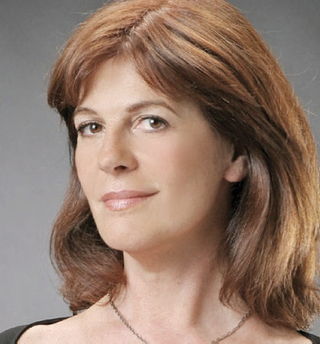
Susana Raquel "Susú" Pecoraro is an Argentine film and television actress, one of the most popular of the country.
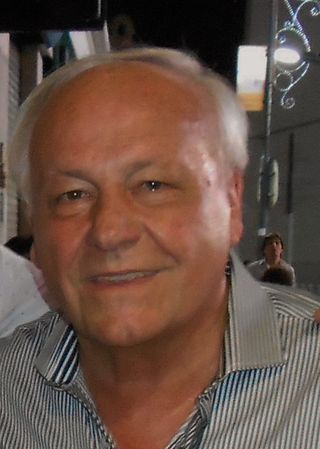
Enrique Liporace was an Argentine actor.
Last Days of the Victim is a 1982 Argentine crime thriller film directed by Adolfo Aristarain and starring Federico Luppi. It was written by Aristarain and José Pablo Feinmann, and based on Feinmann's classic novel of the same name. The film was selected as the Argentine entry for the Best Foreign Language Film at the 55th Academy Awards, but was not accepted as a nominee.
The Stranger is a 1987 Argentine-American thriller film directed by Adolfo Aristarain and starring Bonnie Bedelia, Peter Riegert, Barry Primus, Ricardo Darín and Cecilia Roth. It was written by Dan Gurskis. It was released in the United States on December 4, 1987.

Hold-Up! is a 2012 Spanish-Argentine film directed by Eduard Cortés, filmed in Spain. The script was written by the director with Pedro Costa. The film stars Guillermo Francella, Nicolás Cabré, and Amaia Salamanca.















